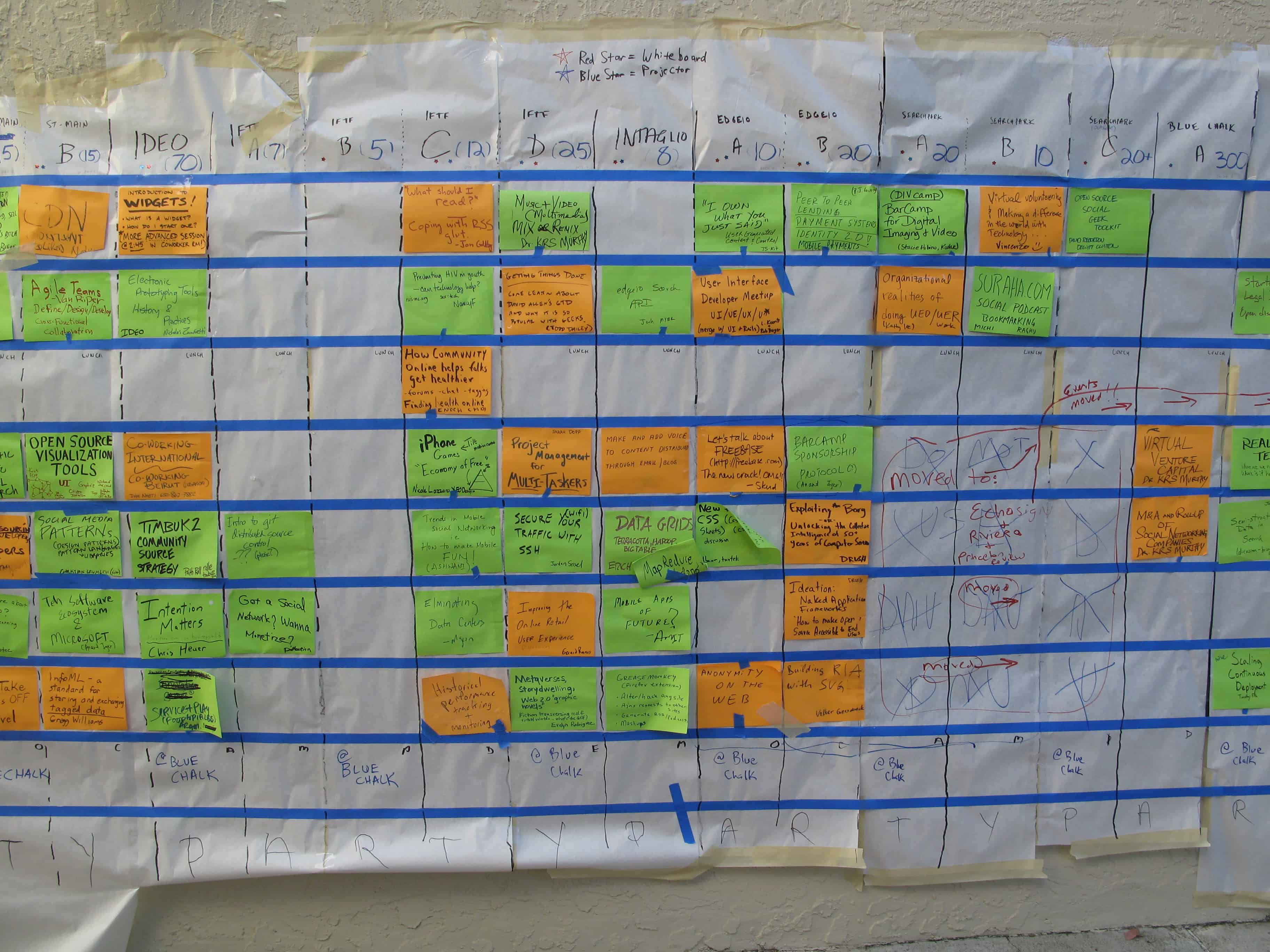

While private school enrollment nationwide did tick up with so many public schools closed during the early days of the health crisis, that followed decades of declining enrollment nationwide. Essentially every student statewide could apply, and in the long term, it would include students already enrolled in private schools or being homeschooled, even if they had never attended public schools. Suddenly, it had an option with expansive eligibility for financial help. The state previously did not have any private school choice programs. West Virginia’s law stood out as a major advancement for school choice when it passed, even in a legislative year school choice advocates generally considered full of victories. She sorted out how to use the money to pay for the lessons she would teach the kids at home, specialized therapy a school couldn’t provide and a la carte classes at school. She hoped to use the scholarship for some of that therapy while Ruth would learn reading and other lessons at school. Switzer has been paying thousands of dollars out of pocket for that speech therapy. Ruth has apraxia of speech, which can make it hard for her to say what she wants and requires a speech pathologist with specialized skills to help her learn to form words. Ruth turned 5 after the state cutoff for entry into kindergarten. She wanted a scholarship for her oldest daughter, Ruth, too. So she kept him home for a year and applied for the scholarship as soon as she had a chance, hoping a combination of some in-person schooling and working with her son at home would be the ideal fit.

She didn’t think he was ready for kindergarten, even though he would be the right age based on West Virginia’s public school requirements. Her oldest child, Alexander, had struggled in preschool. When the West Virginia legislature passed a law in 2021 that would give parents money to pay for private school tuition or other education-related expenses, it got Katie Switzer thinking.


 0 kommentar(er)
0 kommentar(er)
